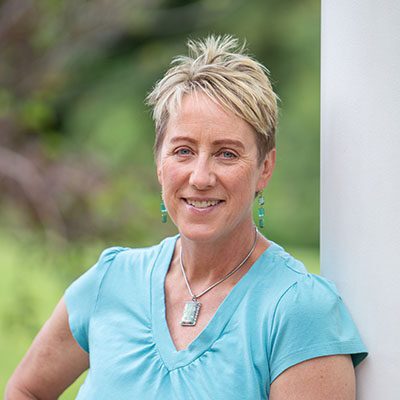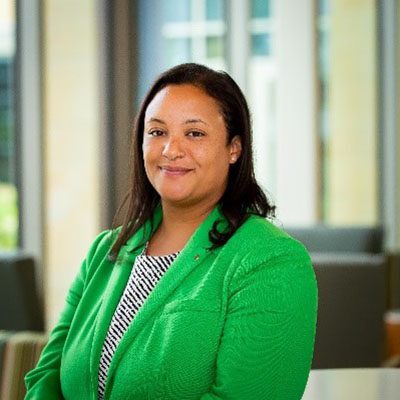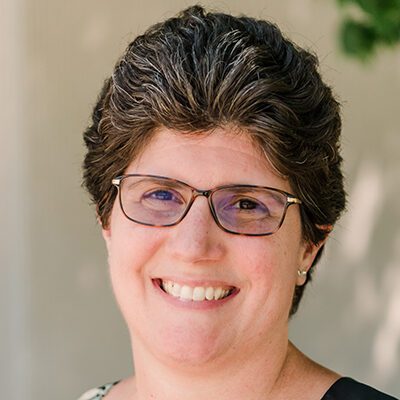At-a-glance
Schedule
Friday, June 11, 2021, 8:30 a.m.–4:30 p.m.
Instructors
Nancy Kusmaul, PhD, MSW
Andrea Gilmore-Bykovskyi, PhD, RN
Kay Adams, LCSW
Fee
$225 through May 14; $265 after
CEUs
7 instructional hours and 0.7 CEUs; 5 CHES hours
Location
Online
Resource(s)
Approved CE hours for social workers, counselors, therapists, psychologists and more
2021 Institute:
The Impact of Trauma (Live online)
Registration now open
Due to COVID-19, the 2021 Summer Institute on Advanced Dementia Care will again be an online event. It will focus on knowledge and skill-building required for competent and compassionate mid- to late-stage dementia care. We are providing Summer Institute participants with the opportunity to build essential new skills during an interactive, one-day intensive workshop which focuses on the impact of trauma in dementia care.
About the live, online summer institute
The 2021 Summer Institute on Advanced Dementia Care offers an intensive online learning experience designed to help professional caregivers provide competent and compassionate care for people living with mid-to-late stage dementia.
Providing coordinated care for people at these later stages of dementia presents many challenges. People living with dementia at these stages are physically frail, have limited to no communication abilities, feel isolated and confused, experience grief, act out unusual behaviors, have difficulty with continence, swallowing, and eating, and suffer from undiagnosed pain. Understanding the nature of these challenges and unique care approaches to address them will equip professionals with the competence and compassion to support those living with dementia, as well as their families.
Schedule
Come learn more about the impact of trauma on patients and caregivers
A traumatic experience can occur at any age and stage of life. However, those living with dementia are particularly vulnerable and often unable to clearly communicate how they have been impacted. As a result, the stress level of the patient as well as their caregivers can be very high. Our speakers, Nancy Kusmaul, PhD, MSW, Andrea Gilmore-Bykovskyi, PhD, RN and Kay Adams, LCSW, will discuss the impact trauma has on patients, caregivers and caregiving relationship. They will also offer techniques, approaches and resources for addressing trauma and mitigating the resulting stress.
Session 1
Our day will start with nationally recognized expert on trauma-informed care and best practices, Nancy Kusmaul, PhD, MSW, will lead an informative workshop on Advancing Trauma-Informed Dementia Care.
By the end of the session, learners will be able to:
- Discuss the prevalence/incidence of trauma among older adults and the unique needs of Persons with Dementia (PwD).
- Describe their own experiences with PwD and Social Isolation during COVID 19 and develop an awareness of others’ experiences.
- Identify best practices for reducing social isolation in PwD and their caregivers
Session 2
Next, a leading expert on promoting effective and equitable care and research for persons living with, and at risk for Alzheimer’s disease and related dementias, Andrea Gilmore-Bykovskyi, PhD, RN will provide a workshop on Neuropsychiatric Symptoms in Dementia: Importance and Management Considerations.
By the end of the session, learners will be able to:
- Describe neuropsychiatric symptoms in dementia with an emphasis on behavioral symptoms.
- Summarize multifactorial etiology of behavioral symptoms.
- Identify evidence-based pharmacologic and non-pharmacologic management approaches for neuropsychiatric symptoms.
- Discuss useful tools to support clinicians in managing behavioral symptoms.
- Identify how neuropsychiatric symptom management supports trauma-informed care.
Session 3
Finally, respected national expert Kay Adams, LCSW, MS joins us again to provide a workshop titled, A Powerful Punch: The Traumatic Effects of COVID-19 on People Living with Dementia and Their Care Partners.
By the end of the session, learners will be able to:
- Describe the disproportionate impact that COVID-19 has had on people living with dementia and their care partners.
- Identify the 5 pain points that family caregivers have had to navigate as a result of the coronavirus.
- Recognize the role that trauma, social isolation and mourning play in the pandemic.
- Discuss how to support patients and families during the COVID-19 global pandemic.



